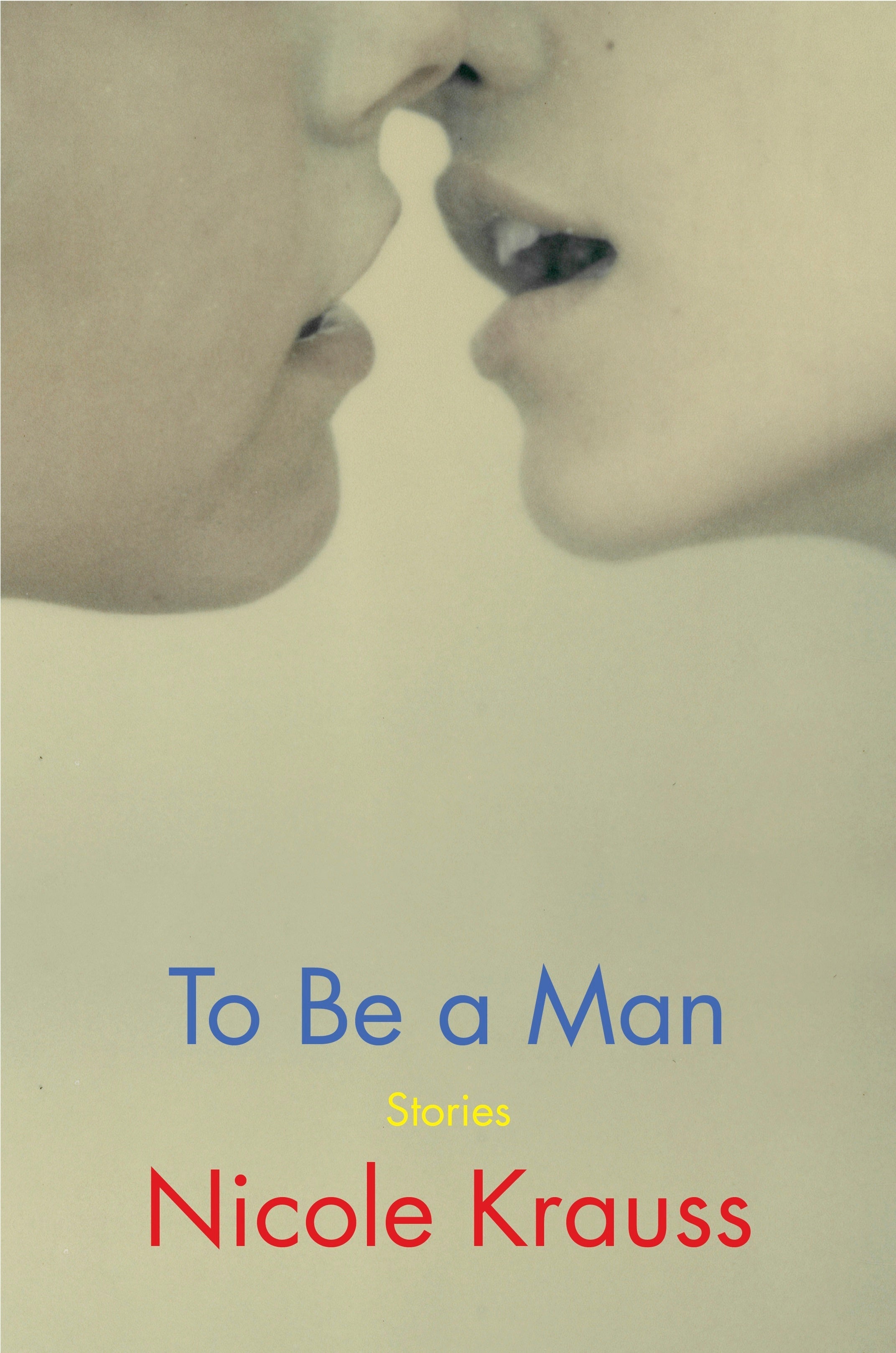Review: Nicole Krauss' set of short fiction is a mixed bag
After publishing four novels to great acclaim, Nicole Krauss has come out with her first collection of short fiction, “To Be a Man.”

Your support helps us to tell the story
From reproductive rights to climate change to Big Tech, The Independent is on the ground when the story is developing. Whether it's investigating the financials of Elon Musk's pro-Trump PAC or producing our latest documentary, 'The A Word', which shines a light on the American women fighting for reproductive rights, we know how important it is to parse out the facts from the messaging.
At such a critical moment in US history, we need reporters on the ground. Your donation allows us to keep sending journalists to speak to both sides of the story.
The Independent is trusted by Americans across the entire political spectrum. And unlike many other quality news outlets, we choose not to lock Americans out of our reporting and analysis with paywalls. We believe quality journalism should be available to everyone, paid for by those who can afford it.
Your support makes all the difference.“To Be a Man,” by Nicole Krauss (HarperCollins)
After publishing four novels to great acclaim, Nicole Krauss has come out with her first collection of short fiction, “To Be a Man,” and the results are decidedly mixed. Word for word, she writes beautiful sentences but sometimes the stories don’t add up to much. Or they devolve into dreamy self-absorption, mysticism and apocalyptic dread.
A woman stays in her dead father’s apartment, where a ghostly stranger has taken up residence. Two friends exchange memories of watching a film. New York goes on terror alert, and a couple has drunken sex. Time and again, she revisits a few familiar themes: the burden of Jewish history, the legacy of the Holocaust, families split between the U.S. and Israel, sexual violence.
In “Switzerland” a woman remembers a girl she knew in boarding school whose sexual adventurousness bordered on recklessness. The decades-old memories are triggered by watching her 12-year-old daughter fearlessly stare down a lecherous man on the subway and remembering her own realization, around the same age, “that the power to attract men … arrives with a terrifying vulnerability.”
“The Husband” is a charming, bittersweet tale about an old man who shows up at a widow’s door in Tel Aviv improbably claiming to be her lost husband, and the struggle of the woman’s adult daughter to accept him even after it becomes clear that he is a benign presence in their family.
“Has Israel become so broken and corrupt,” she thinks to herself in a hilarious riff, “that having failed to put aside the resources to take care of the very people it was founded to provide refuge for… that some crackpot in the administration… has hatched the crooked plot to deliver these poor old uncared-for people to innocent people’s doors?”
“End Days,” which takes place as wildfires bear down on a California community, centers on the break-up of a couple’s 25-year marriage for reasons only hinted at, and how it leads, improbably, to the sexual awakening of their teenage daughter with the most unlikely of partners.
In the last story, a woman sits on a beach watching her sons play on a jetty. She thinks about the stories she has told them many times about their births; and how, as they grew older, they wanted to hear her side of it, “what an act of terrible strength it took to push them into the world.” The passage goes on for almost a page, just one example of the granular detail and operatic intensity Krauss brings to this work.